Alan Holtham seeks assistance in his annual battle with the frozen drinkers in his chicken pens, but are electric heaters a viable answer?
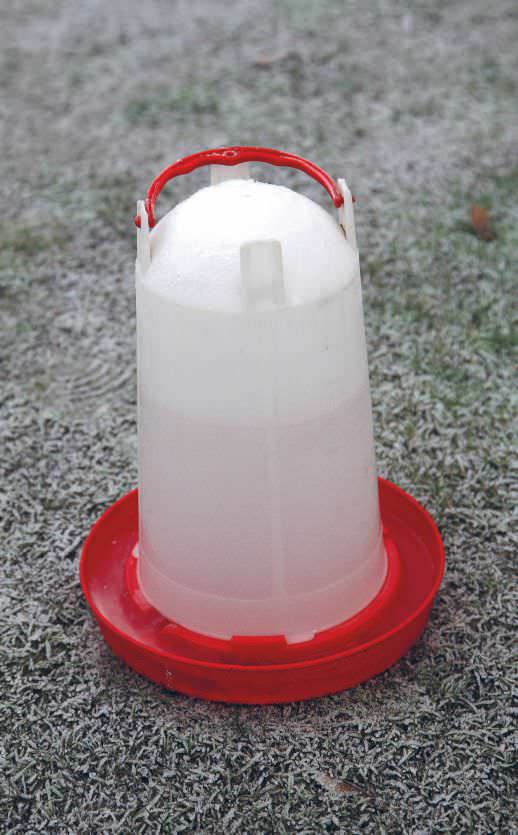
As we continue in winter’s icy grip, the issue of keeping a supply of fresh drinking water available for your birds becomes ever more challenging.
So, with lots of pens to deal with, I thought it would be worth investigating if drinker heaters are actually effective, and whether or not they could relieve me of the twice-daily chore of defrosting.
Simple solution
If you only have a single pen to deal with, the easiest way to deal with iced-up drinkers is to have two; keep one of them warm inside your house overnight, then simply swap it with the frozen one when needed. This is so much quicker and easier than messing about trying to defrost a frozen lump of ice, when you’re already late for work and the car windscreen needs defrosting as well!
Everyone will argue differently about whether plastic or galvanised drinkers are better during spells of cold weather. Personally, I prefer the galvanised type, but actually use a mixture of both. Although I’ve never had a plastic one split when frozen (the commonly-quoted drawback), I think the galvanised ones are generally more robust. Also, I’ve never found that the water in them freezes any quicker than it does in the plastic alternative.
Incidentally, one thing to avoid is putting the drinker inside the hen house at night, in the hope that the warmth from the birds will keep it from freezing. This is very bad practice, as the moisture that inevitably gets evaporated into the atmosphere inside the house, will be bad news for the birds. What’s more, they don’t need water while they’re roosting.
This story is from the February 2017 edition of Practical Poultry.
Start your 7-day Magzter GOLD free trial to access thousands of curated premium stories, and 9,000+ magazines and newspapers.
Already a subscriber ? Sign In
This story is from the February 2017 edition of Practical Poultry.
Start your 7-day Magzter GOLD free trial to access thousands of curated premium stories, and 9,000+ magazines and newspapers.
Already a subscriber? Sign In
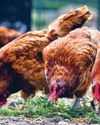
Growing food for Chickens
Mary Larham explores some crops to grow on your holding…
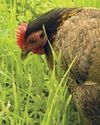
Poultry in the garden – the truth!
Jo-Jane Buxton shares her experiences
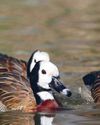
The British Waterfowl Association
Which came first, the goose or the egg?
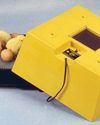
WHY FIT A FAN IN AN INCUBATOR?
Brinsea Products, the Incubation Specialists explain the difference between still air and forced draught
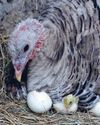
Incubating turkey eggs
Janice Houghton-Wallace looks at broody turkeys and artificial incubation

Chicken nesting box herbs
Diana Clauss owns The Blue Feather Farm, in St Cloud, Florida, home to chickens, ducks, goats, and Anatolian Shepherd dogs.
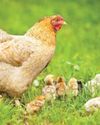
Incubate in January?
Jessica Wombwell says plan the breeding
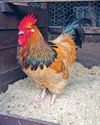
Andy's DIARY
Andy emphases the importance of keeping out damp and wet but allowing ventilation even in cold weather
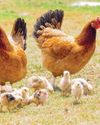
Feeding for Breeding
It may be winter, but as Joanna Palmer, nutritionist for Smallholder Range explains, now’s the time to get your flock in tiptop shape and plan ahead for a successful breeding season next spring.

A chick named Cuckoo raised by a duck!
Chris Hammacott and her husband live on a small croft in the Outer Hebrides, they keep a ‘no kill’ flock or rare and rescue sheep which they use to spin and weave rugs. They also share the 8 acres with hens, ducks, cats and 9 rescue pugs.